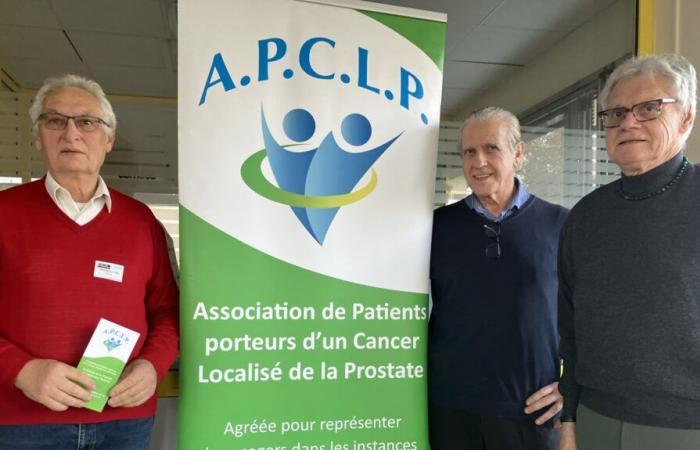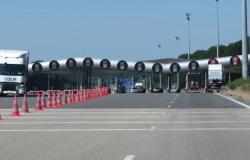Cancer patients are unanimous, the mind is essential to confront the illness. “The environment is very important”confirms Gilles Thibaudault, 70 years old, who has been fighting the disease for several years. Le Poitevin is the head of the Association of Patients with Localized Prostate Cancer (APCLP). Created in Poitiers in 2003, it is present in around ten departments, from Brittany to Deux-Sèvres. In Indre-et-Loire, the association provides regular support while waiting to find a correspondent.
“Our mission is to provide moral support before, during and after treatment. » Accepting the diagnosis is a challenge. Jean-Michel Oudin, 75, learned that he had prostate cancer eight years ago. “My PSA level (1) had doubled in a few years. The doctor referred me to a urologist. He first performed a digital rectal examination and then a biopsy which confirmed level 2 cancer.”
Radioactive iodine grains
At the Alliance clinic, Tourangeau was offered a prostatectomy, a total or partial removal of the prostate. “I wasn’t warm. I toured the hospitals and clinics then I went to Paris to the Prostate Institute where they explained to me the different existing therapies. » Jean-Michel Oudin discovered brachytherapy, a method which consists of placing radioactive sources inside the prostate. “I was implanted with 70 grains of radioactive iodine, and I returned home the same evening. » This therapy is not trivial. “For several months, we must not have close contact because part of our body is radioactive. For example, you should avoid taking your grandchildren on your lap. »
Solutions to treat incontinence
Depending on the severity of prostate cancer, different treatments are offered to patients. “Very often, when men call the association, it is to get our opinion and know which treatment to choose. We help them make a decision”specifies Gilles Thibaudault, himself treated with hormone therapy.
Each treatment for prostate cancer has its share of inconveniences. Prostatectomy can cause erectile dysfunction and incontinence. “Nearly half of our members report having incontinence problems. » Subjects that remain difficult for men to discuss. “There is a taboo side to talking about what happens below the belt,” regrets the president of the APCLP.
Screening from age 50
Urinary losses that appear after surgery often cause discomfort. “I saw men cry because their wives no longer wanted to sleep in the same bed, because they were rejected by loved ones. » Incontinence can be isolating, yet solutions exist “like the penis sheath or the artificial sphincter. You also need to strengthen the perineum, it’s important. » So many suggestions for avoiding the use of diapers, “which are expensive and are not covered by Social Security”.
With the sick, Gilles Thibaudault addresses all subjects but does not forget to address the general public. “Men should take care of their prostate and ask their doctor for screening from the age of 50, or even from the age of 45 for those with a family history. »
(1) Prostate Specific Antigen, in English, this is a protein naturally produced by the prostate.






